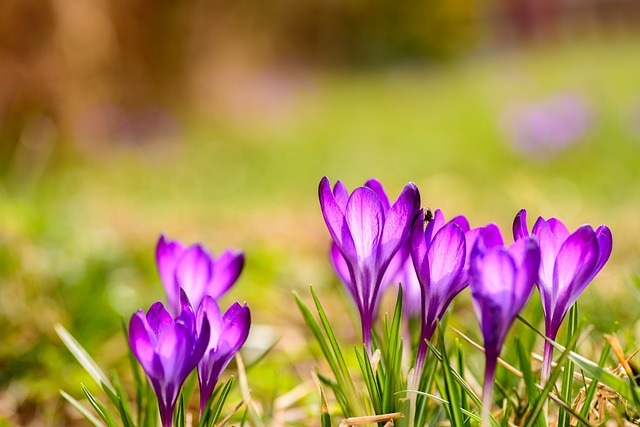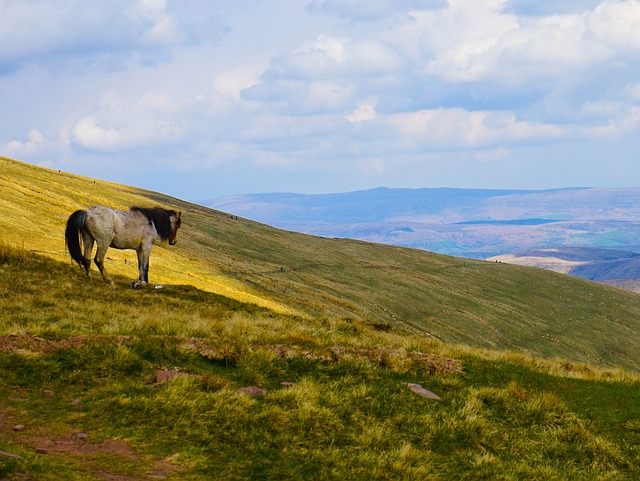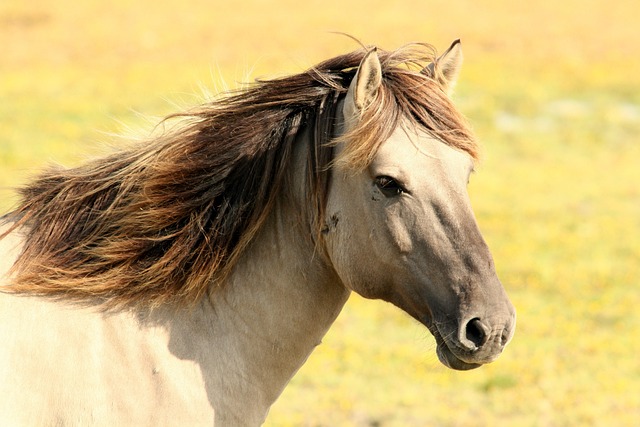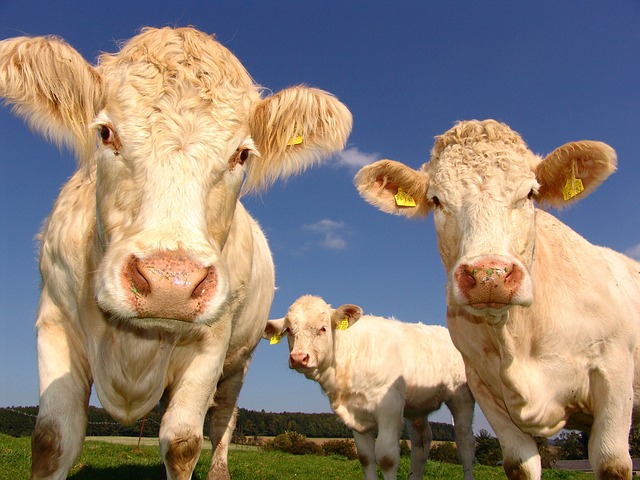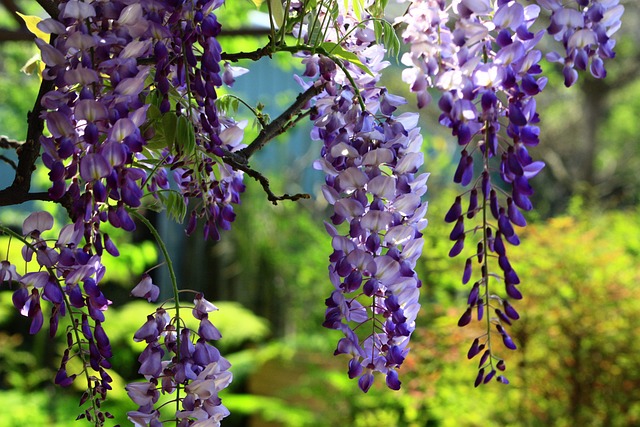
Wisteria
February 2, 2023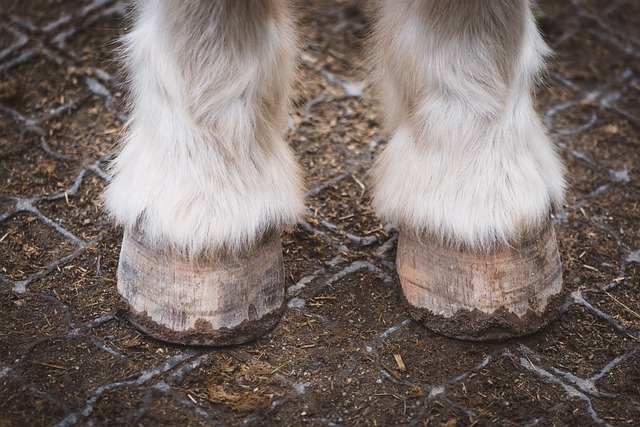
Is your horse Left or Right Hooved?
March 9, 2023Meadow Saffron: The Hidden Threat to UK Horses
Meadow saffron, also known as colchicum autumnale, is a common wildflower found in the United Kingdom and across Europe. Despite its attractive appearance, this plant can pose a serious threat to horses if ingested. In this blog, we will explore the toxic effects of meadow saffron on horses and the precautions that can be taken to protect them.
What is Meadow Saffron?
Meadow saffron is a perennial plant that grows in damp, marshy meadows, pastures, and along the banks of streams and rivers. It is a member of the lily family and produces attractive pink, white, or purple flowers that bloom in late summer and early autumn. Despite its beauty, meadow saffron is extremely toxic to horses, and even small amounts of the plant can cause severe health problems.
Toxicity of Meadow Saffron
The toxic compounds in meadow saffron are alkaloids, which are found in all parts of the plant, including the leaves, stems, flowers, and bulbs. When ingested, these alkaloids cause a range of symptoms, including muscle tremors, seizures, and even death. In severe cases, horses may experience respiratory failure, heart failure, and other life-threatening complications.
How to Protect Your Horse
The best way to protect your horse from the dangers of meadow saffron is to keep them away from pastures and meadows where the plant is known to grow. If your horse has access to such areas, it is essential to check them regularly for the presence of meadow saffron and remove any plants that you find. If you suspect that your horse has ingested meadow saffron, seek veterinary attention immediately, as prompt treatment is essential to prevent serious health problems.
In conclusion, meadow saffron is a beautiful but dangerous wildflower that poses a serious threat to horses in the UK. To protect your horse, it is important to be aware of the toxic effects of this plant and take the necessary precautions to keep them away from pastures and meadows where it grows. If you suspect that your horse has ingested meadow saffron, seek veterinary attention immediately to ensure their health and well-being.

